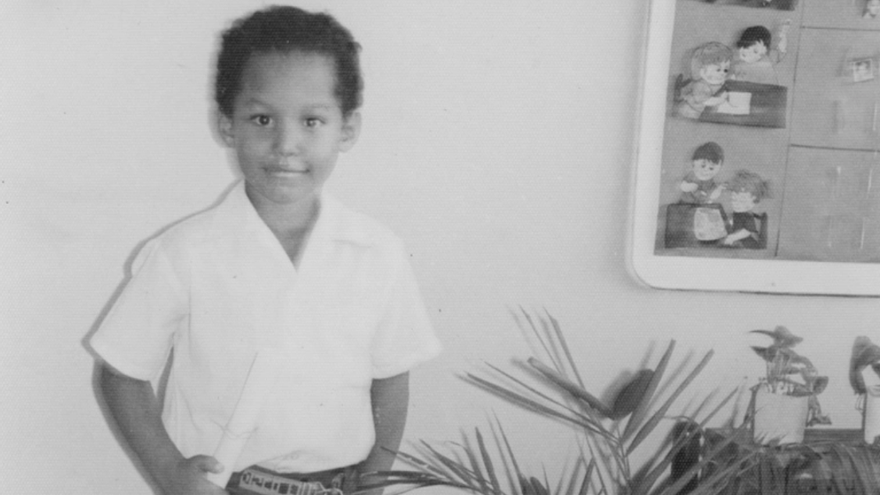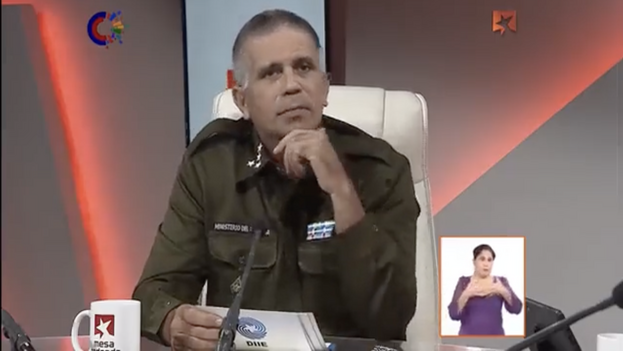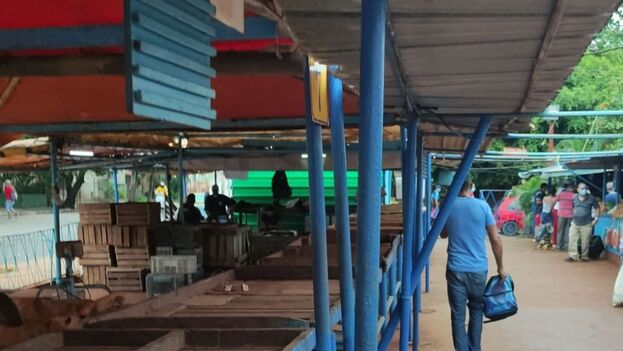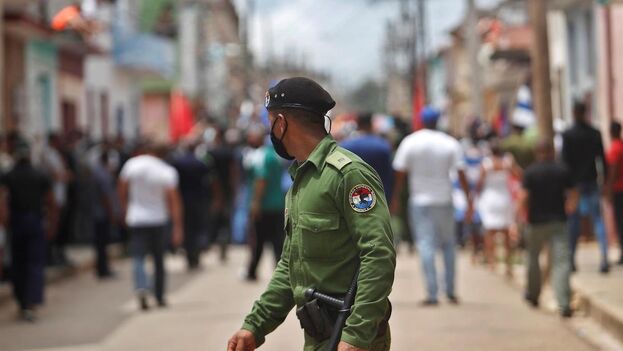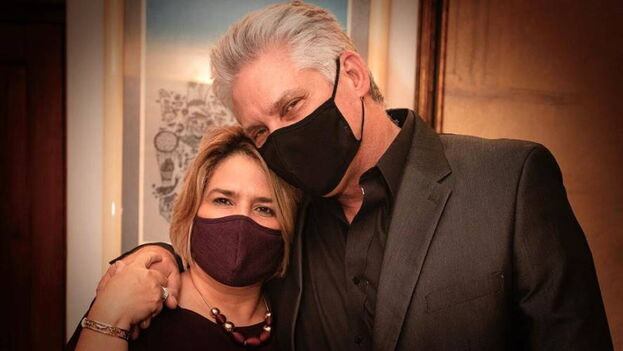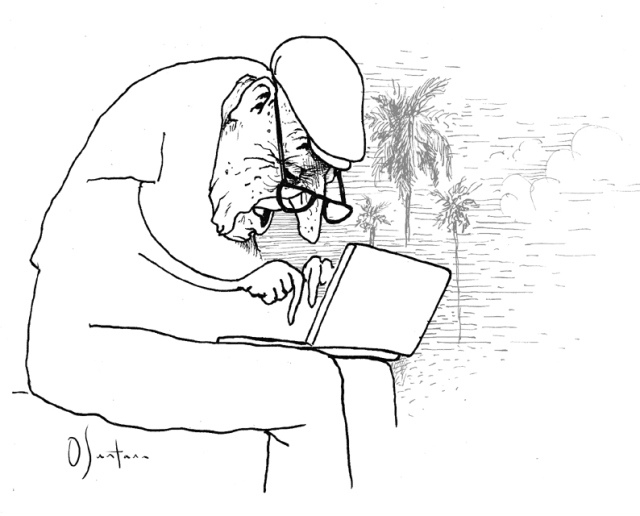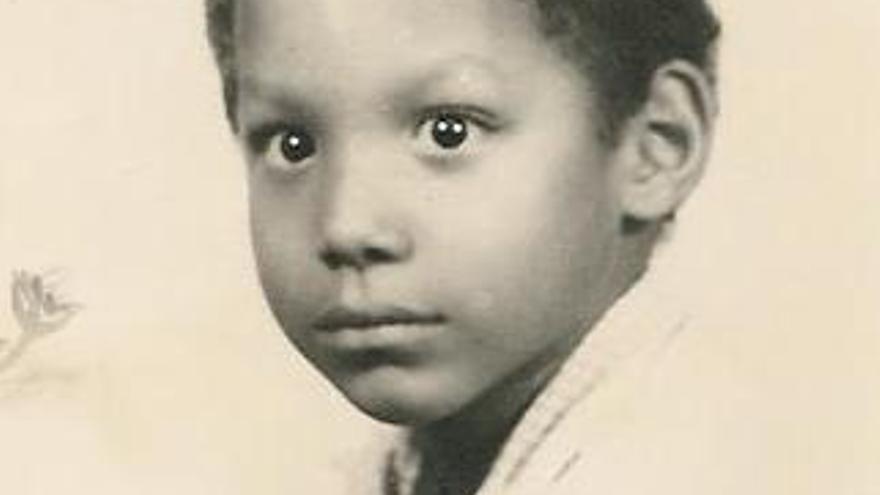
![]() Alexis Romay, New Jersey, 30 December 2022 — Today, the Cuban independent newspaper 14ymedio published the seven décimas* of the most recent entry of my weekly column, Ideological Deviation. You can read them in one fell swoop on their website, or take them individually, in daily doses, on my Spanish blog, which is also yours, Belascoaín y Neptuno.
Alexis Romay, New Jersey, 30 December 2022 — Today, the Cuban independent newspaper 14ymedio published the seven décimas* of the most recent entry of my weekly column, Ideological Deviation. You can read them in one fell swoop on their website, or take them individually, in daily doses, on my Spanish blog, which is also yours, Belascoaín y Neptuno.
I don’t usually write commentary to explain what I write. What I write explains itself. Or it doesn’t, and that’s that. However, I’ve made an exception this time because, after these seventy lines, I still had more to say. I want to highlight the discomfort that confronting racism and its many forms of violence causes in our society —I’m taking about Cuba, yes, and that is also applicable in the United States. But let’s focus on Cuba.
There are people who have told me all my life, in Spanish and in English, “I don’t see race or color,” and, in saying so, have always had the best of intentions. But whoever doesn’t see race also doesn’t see racism. And those problems will not be solved if we prefer to think they don’t exist. To not have to think about race, to not see race, is an immense privilege. I see it every time I look in the mirror. And yes, it’s a social construct, and all that, but I didn’t invent it. It was already here when I got to the party, like Augusto Monterroso’s famous dinosaur.
Since we are at it: it’s also a privilege to not have to think about gender, or money, or sexual orientation, or migratory status, or physical abilities, or about other factors that I don’t mention here, because I don’t see them, because they don’t come to mind at this moment, while I write this.
I was Black in Cuba, although here I’ve been placed in the “Latine” niche, while I repeat over and over that I am and will always be Cuban, until my lights are turned off; I’m Habanero, to be more precise.
I’ve never had the option of not thinking of myself as a racialized being, including long before I acquired this vocabulary. I didn’t have that choice when authorities during my Cuban upbringing repeated that racism was a remnant of the past —that thankfully had been eradicated in Cuba— while they taught me to hate my hair. This hair, this beautiful hair. The conjunction of this feeling of racial consciousness with the fallacy that we learn —that we learned— at home, that “the family is sacred,” was the starting point for this cycle of décimas. No, folks. We have to talk about racism, and we have to talk about it in public. And this conversation will have to be uncomfortable, especially for those who have never stopped to think about this subject. Believe me: more uncomfortable —more dangerous!— is racism itself. And another thing: family is who behaves as such. Family is also chosen. (My Aunt Lucy, who is not a blood relative, is more my family than my entire paternal line. I’m making use of this opportunity to send her, publicly, my everlasting love.)
In this week’s column, I maintain my policy of not telling a lie and punching all the way up. Here, as everywhere, the personal is political. Furthermore: my childhood demonstrates the resounding failure of the Cuban regime in promoting and implementing racial justice and equity on the island that I escaped, as so many thousands of my compatriots are doing right now.
I know that the State is a system and, that in my poem, I refer to individuals. But the gears of a society function —for better or worse— because of the people who implement them. These creatures and their sickening racism passed through my life. And they all openly supported “the Revolution,” while reiterating that, in the previous dictatorship, I “wouldn’t even have been considered a person.”
Therefore, I owe it to the child that I was to settle this score in public. I dedicate these rhymes to the racists —of all genders and latitudes— who have defended —and explained to me!— the Cuban Revolution.
The love for the homeland is learned at home. So is racism. Educate yourself, and educate your offspring.
Don’t forget that the dictum of “don’t air dirty laundry in public” is an effective way of protecting those who oppress you.
Tell your truth. Remember, as Audre Lorde said: “Your silence will not protect you.”
____________
*See ‘A Settling of Scores’ in English here.
____________
COLLABORATE WITH OUR WORK: The 14ymedio team is committed to practicing serious journalism that reflects Cuba’s reality in all its depth. Thank you for joining us on this long journey. We invite you to continue supporting us by becoming a member of 14ymedio now. Together we can continue transforming journalism in Cuba.

